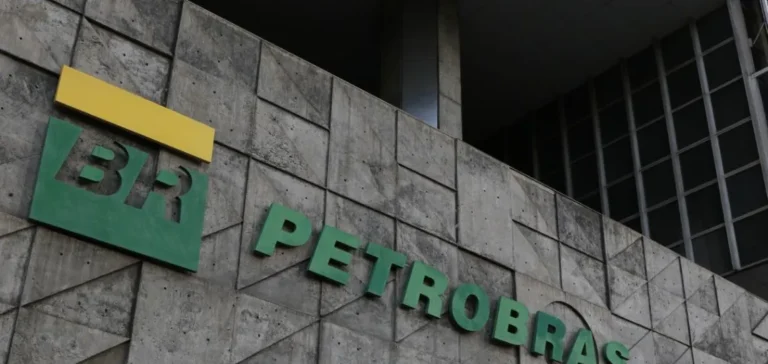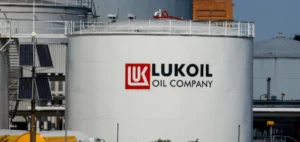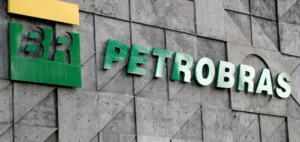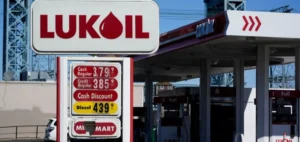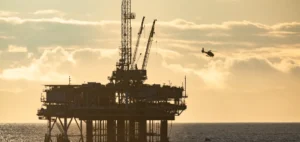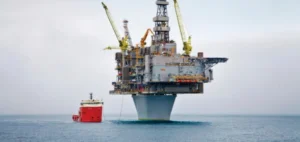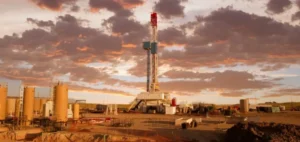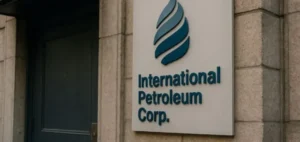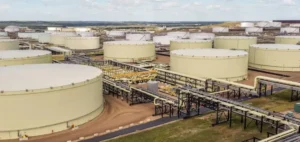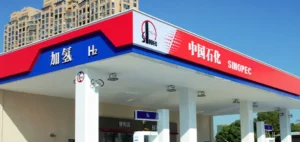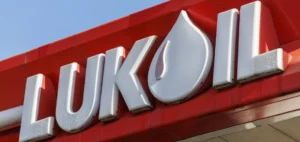The suspension of operations at Refit (Manguinhos) and SSOil has significantly altered the dynamics of the spot gasoline market in southeastern Brazil. These two players, known for aggressive pricing strategies, were sidelined respectively by the Agência Nacional do Petróleo (ANP) due to regulatory violations and by São Paulo’s Sefaz, which revoked SSOil’s tax registration. This reshuffling immediately benefited Petrobras, which has regained a central role in price-setting at the Santos and Paranaguá hubs.
Targeted discounts and Petrobras regains volumes
Delivered at Place (DAP) spot prices rose steadily from mid-October to early November. In response, Petrobras cut its prices by 4.9% on October 21 and sold approximately 130,000 m³ of gasoline through a tender offering targeted discounts of up to –R$130/m³ in the southeast. This pricing action curbed the price rise and allowed the company to reclaim a substantial share of distributed volumes.
Tax policy is also influencing market behaviour. The Confaz decision to raise the Imposto sobre Circulação de Mercadorias e Serviços (ICMS – state value-added tax) from R$1.47 to R$1.57 per litre of gasoline from January 2026 has prompted distributors to build stockpiles before year-end. This adjustment represents a mechanical cost increase of about R$100/m³, shaping short-term sourcing strategies.
Import pressure and limited arbitrage
An open arbitrage window between September and October encouraged imports from the U.S. Gulf Coast (USGC). In October, around 13,000 m³ were delivered to Santos and 89,000 m³ to Paranaguá. However, Petrobras’ price cut rendered several cargoes uncompetitive after customs clearance, leading to logistical diversions or financial losses for some importers.
As of November 10, Platts has launched daily domestic Free Carrier (FCA) price assessments for Santos and Paranaguá, enhancing transparency. These markers, covering volumes of 300 to 2,000 m³ with a 7-day delivery window, facilitate renegotiation of contract clauses and further structure the downstream market.
Supply chain adjustments and market consolidation
In this context, Petrobras reallocated logistics flows towards the southeast during the ongoing Revap refinery maintenance, avoiding supply disruptions. The company has positioned itself as a stabilising force, leveraging its ability to intervene on prices while maintaining import parity to preserve market credibility.
Importers are adjusting sourcing strategies, favouring coastal storage to anticipate 2026 taxation. Arbitrage has become more selective, focused on US-origin cargoes with close attention to post-clearance competitiveness.
Indirect effects of EU sanctions and ethanol mandate impact
While the European Union’s sanctions on refined products derived from Russian crude do not directly impact Brazil, their reinforcement in October may affect global trade flows and component availability. These geopolitical shifts are being closely monitored by Brazilian import operators.
The increase in the ethanol blending mandate to 30% (E30), in effect since August, structurally reduces domestic demand for gasoline A, helping moderate import outlooks for 2026. This measure introduces further uncertainty for distributors balancing volume, tax, and competitive exposure.


